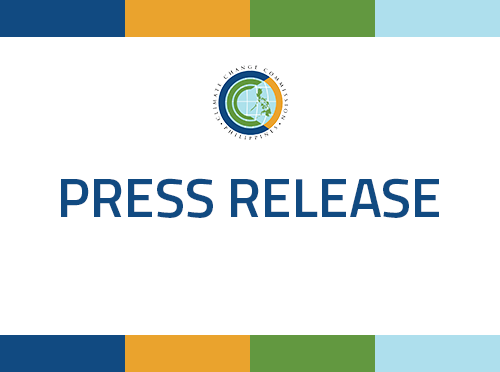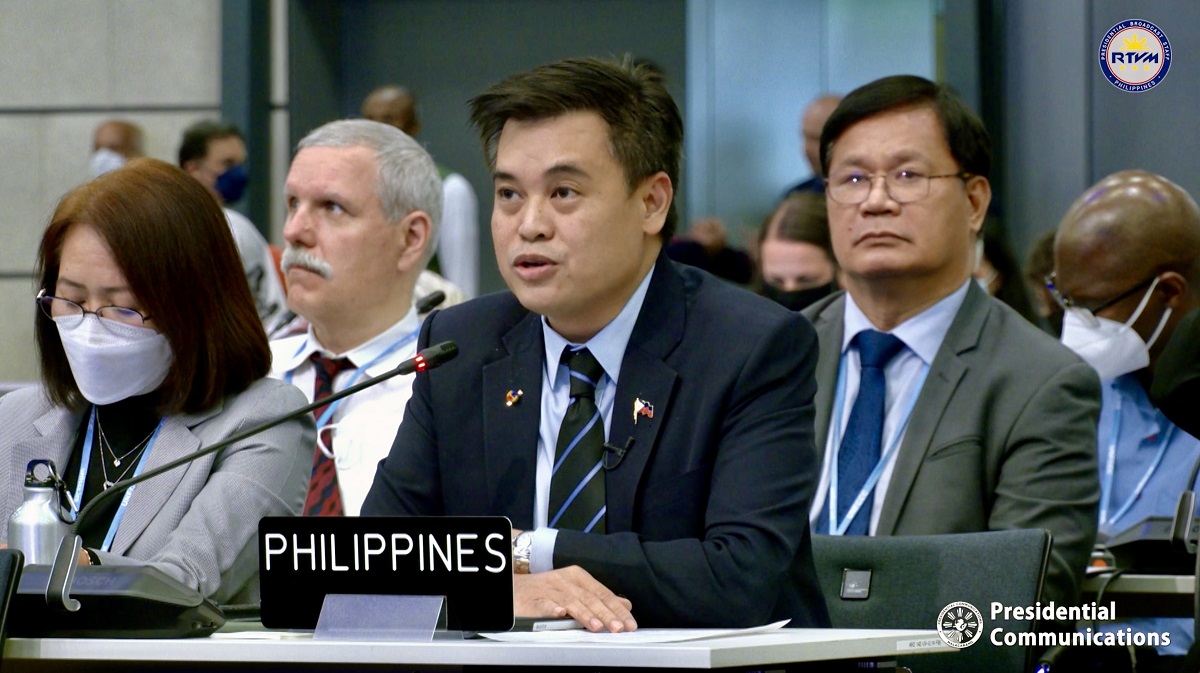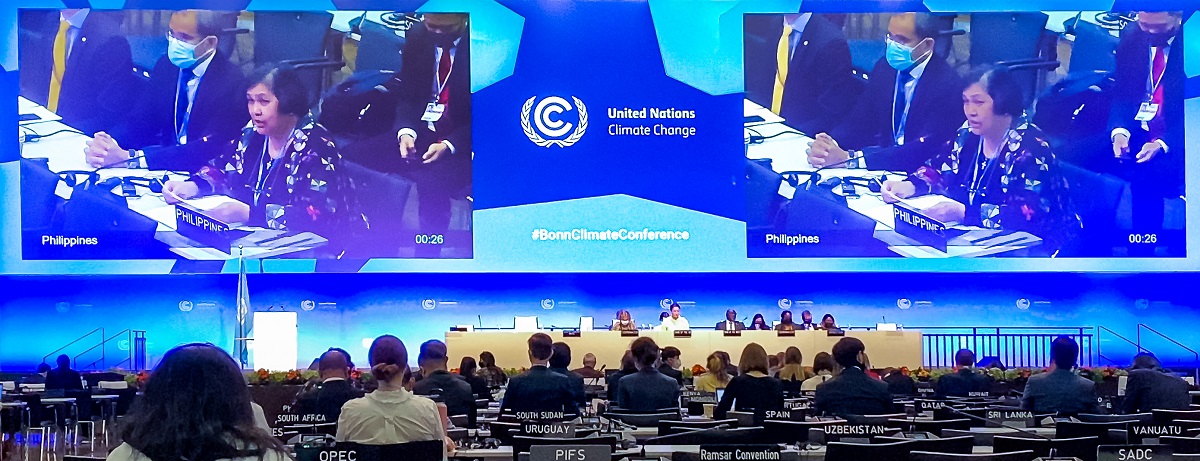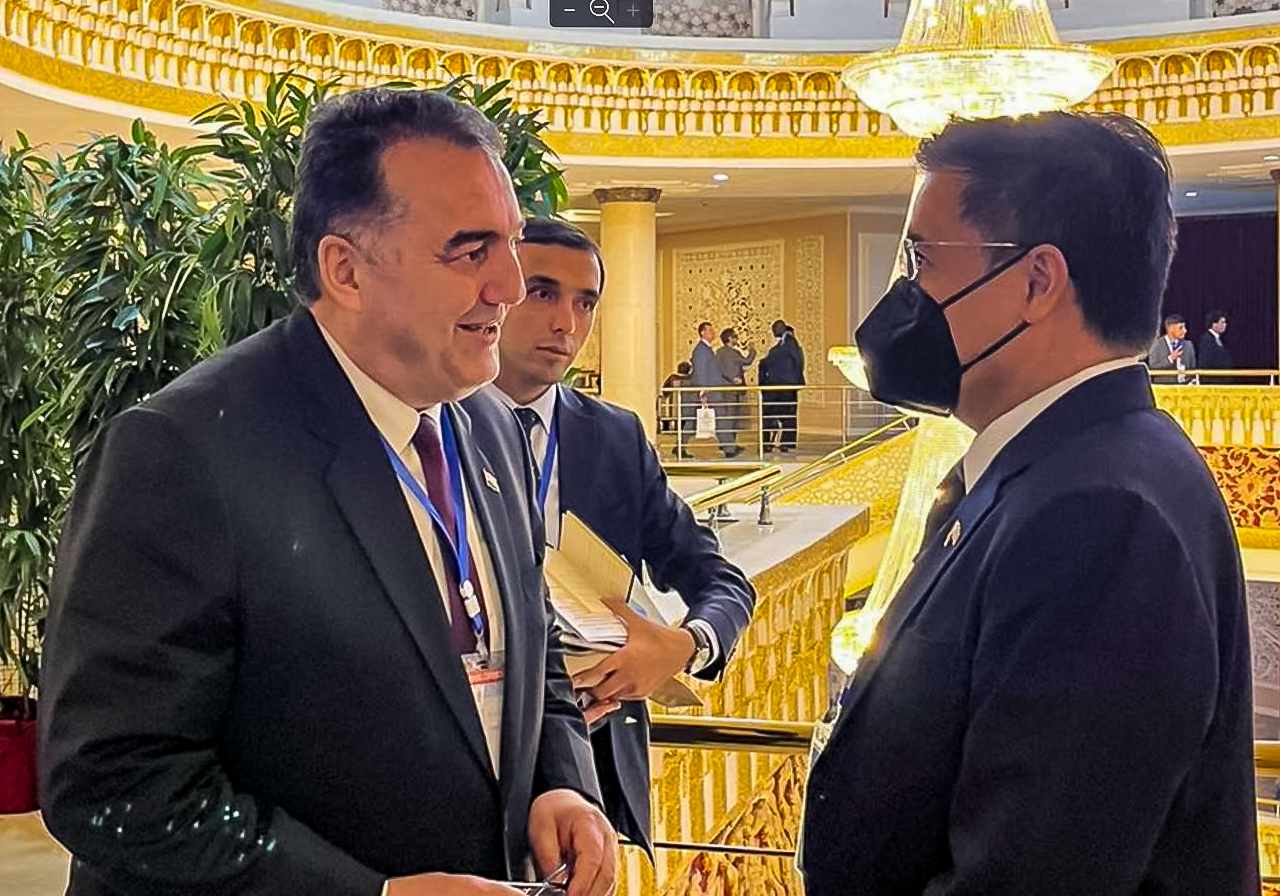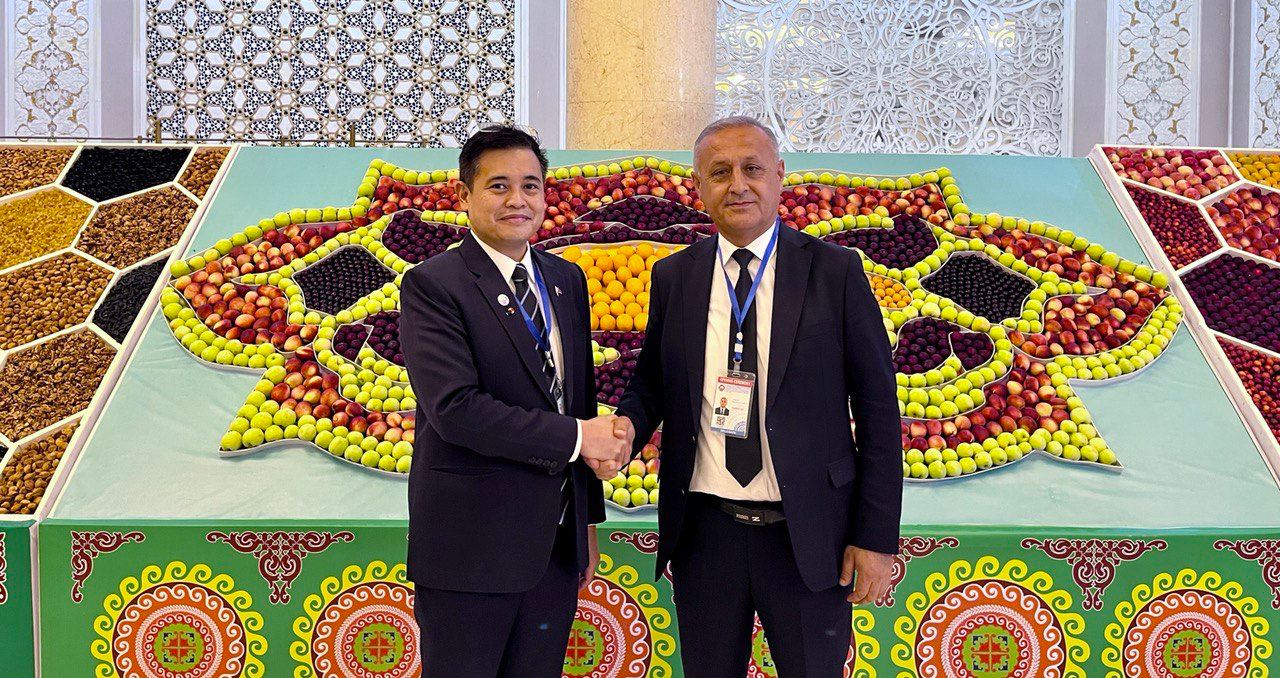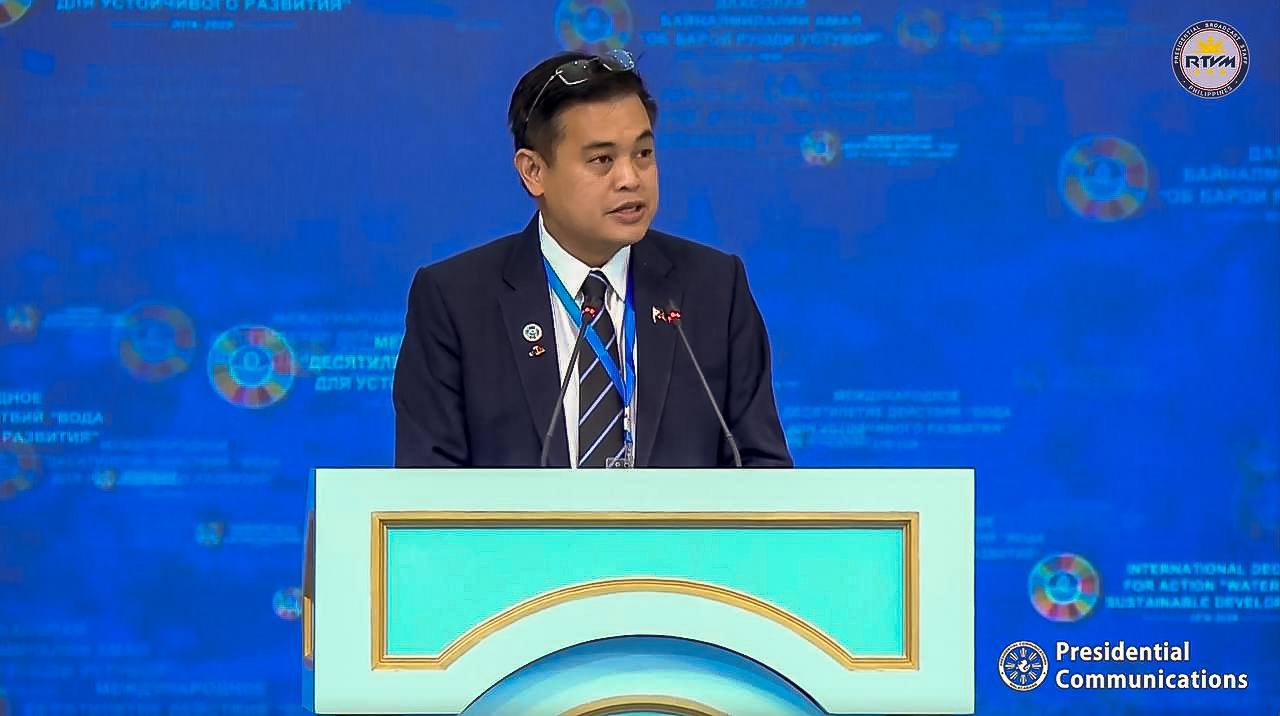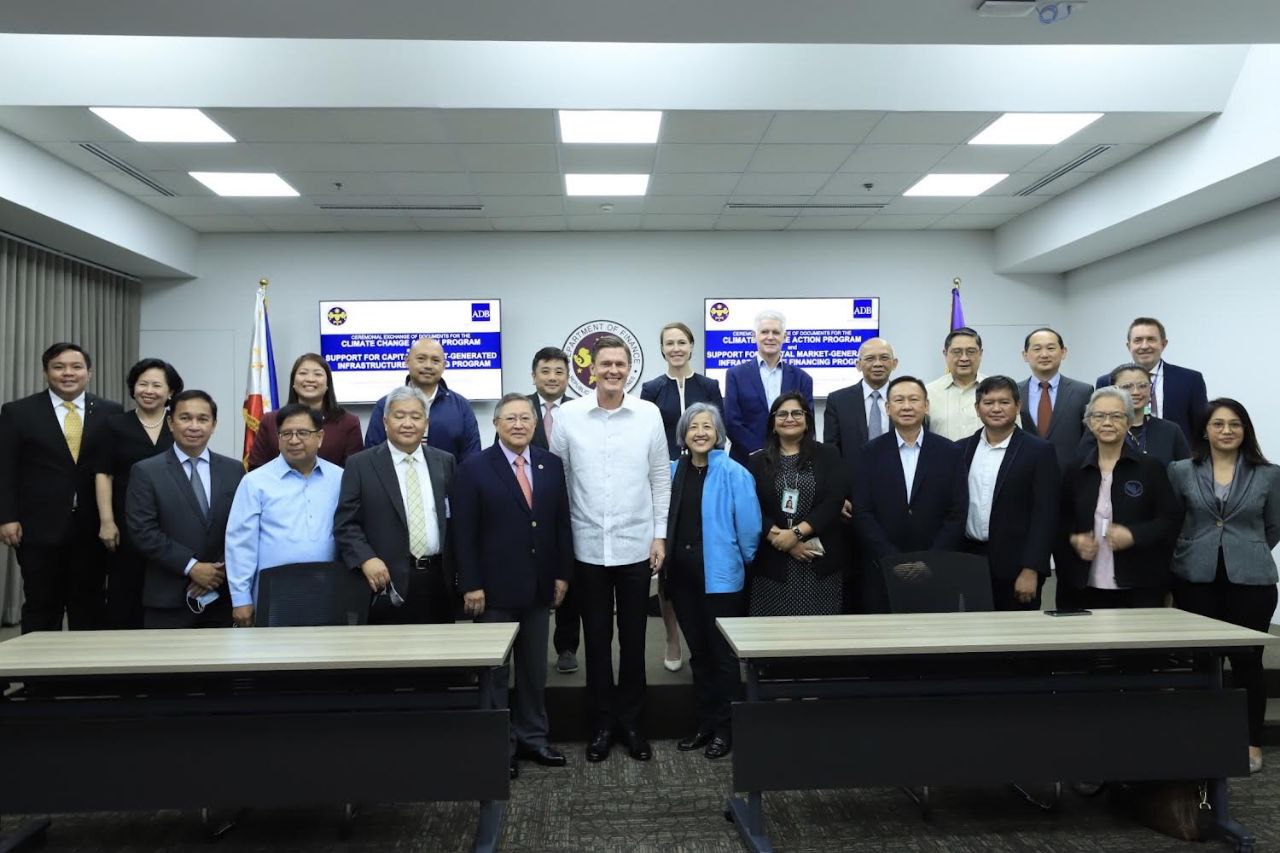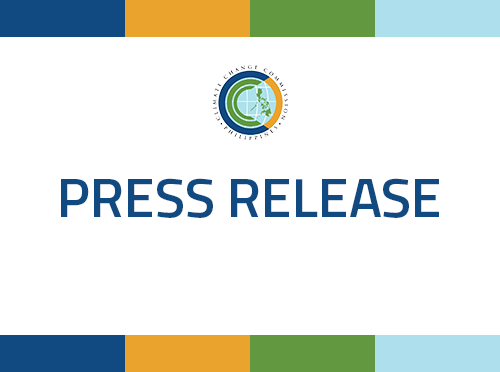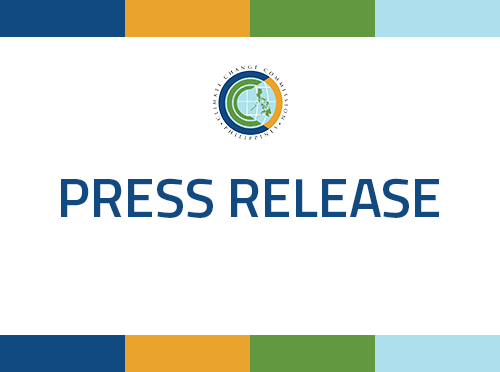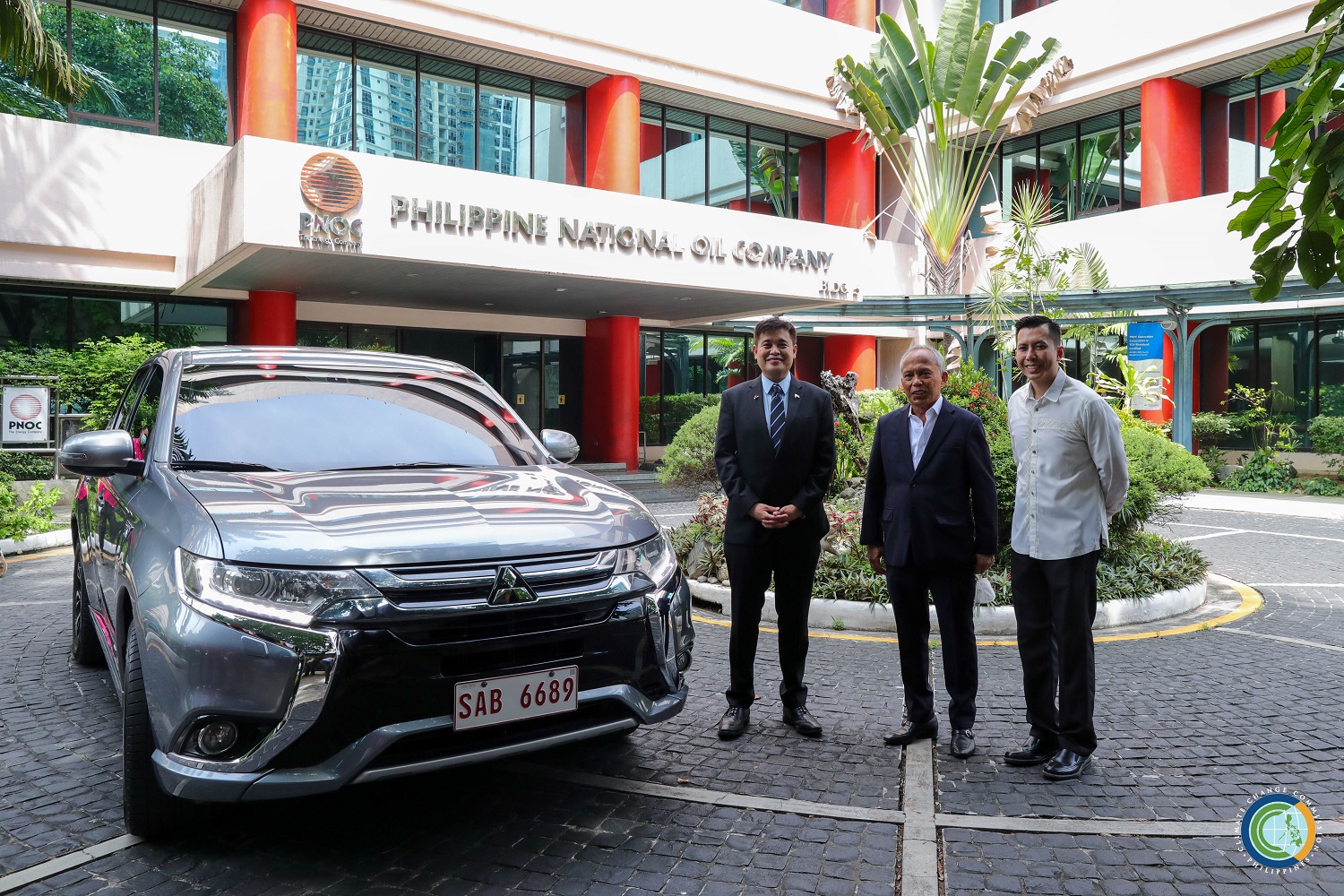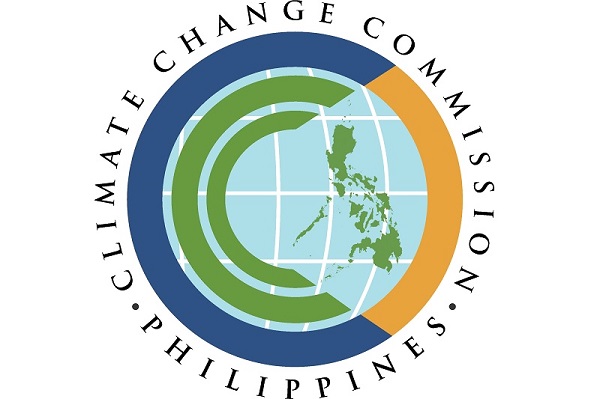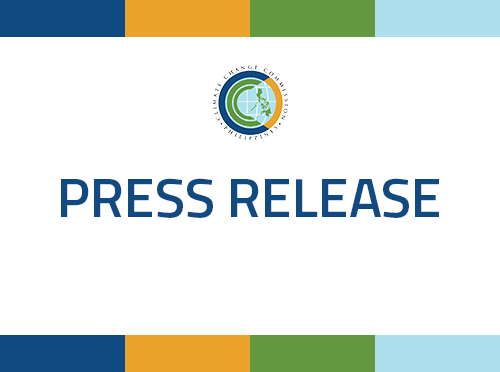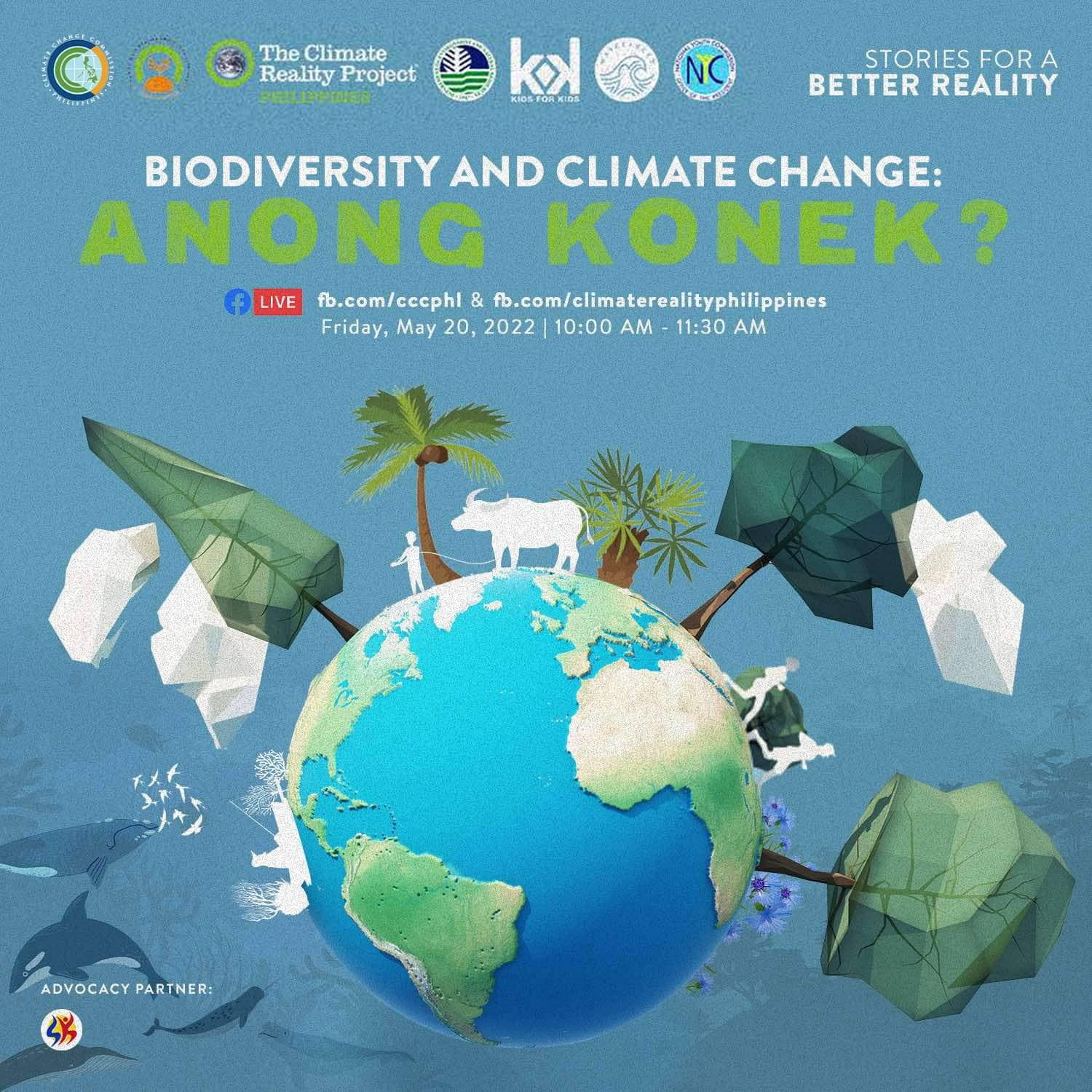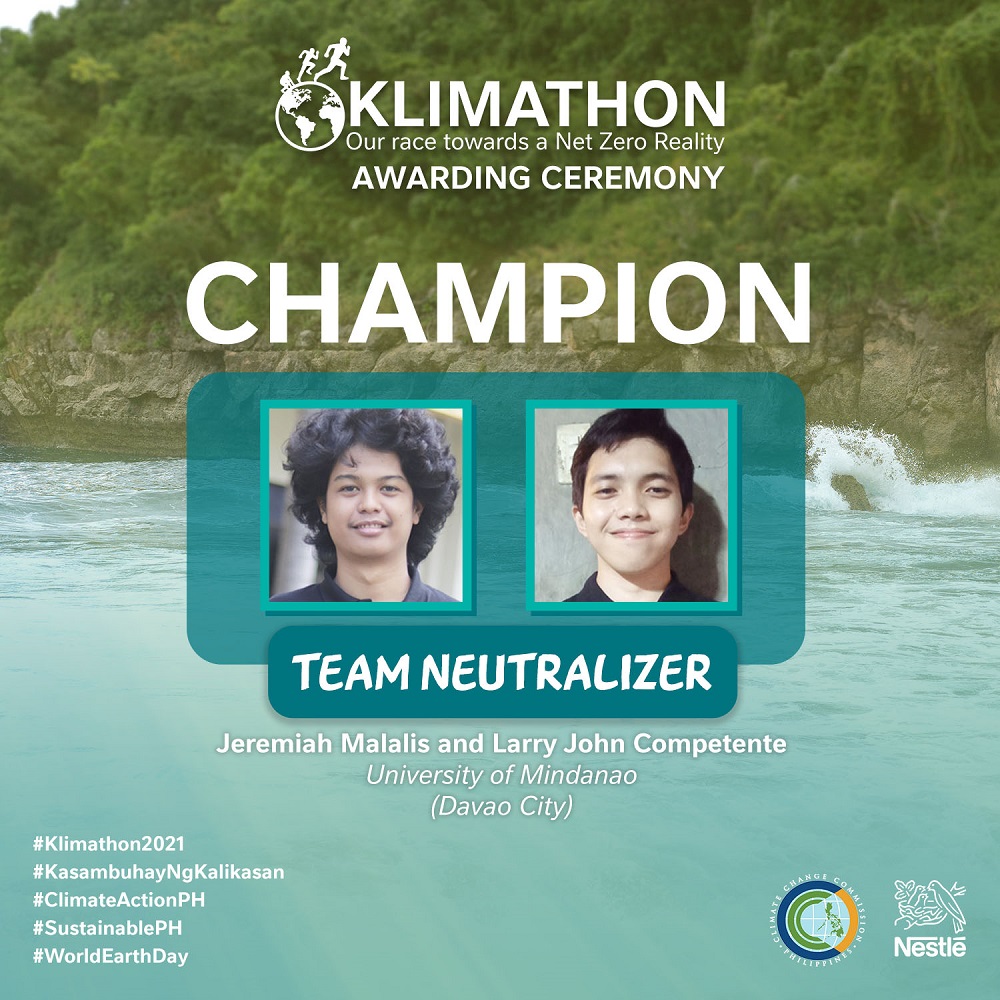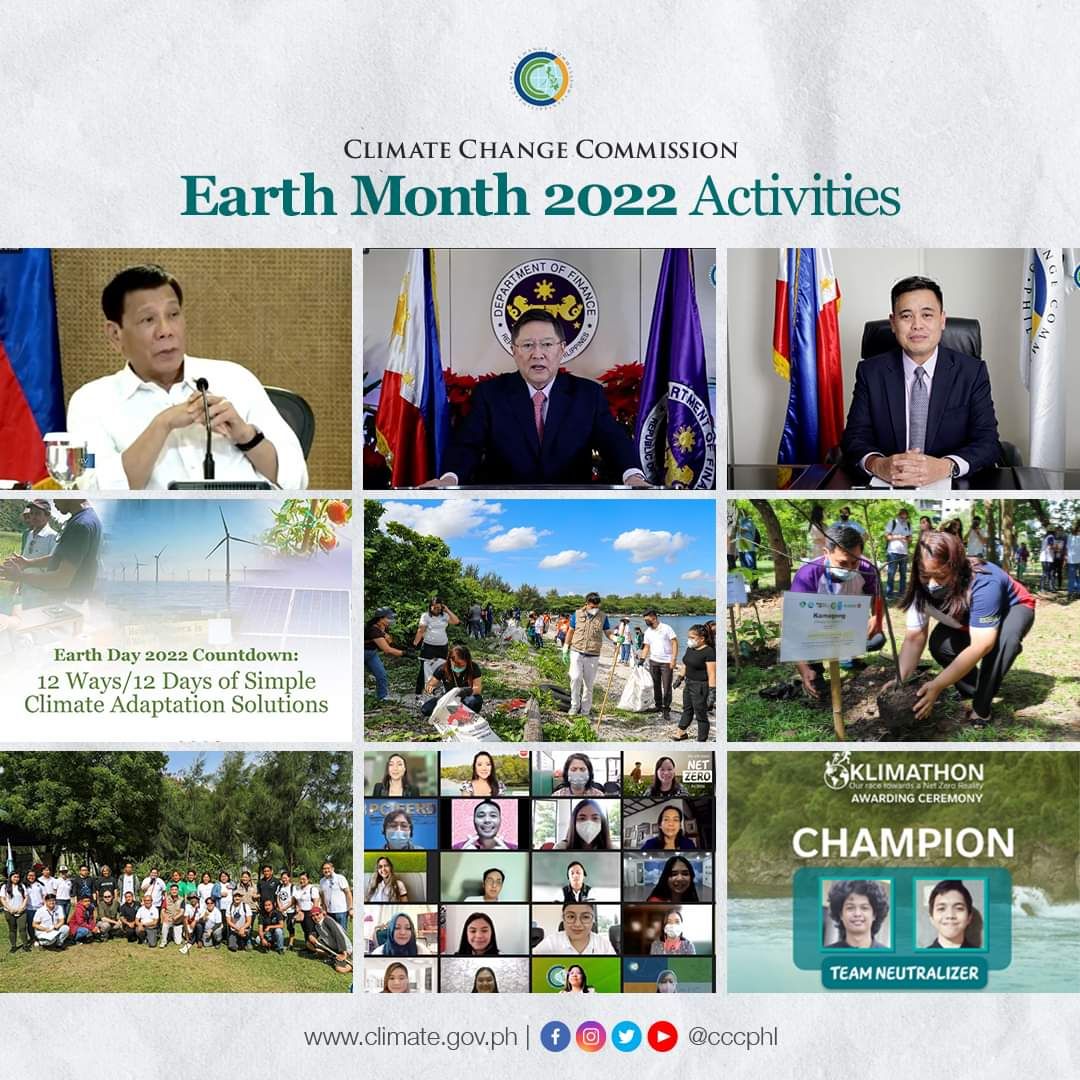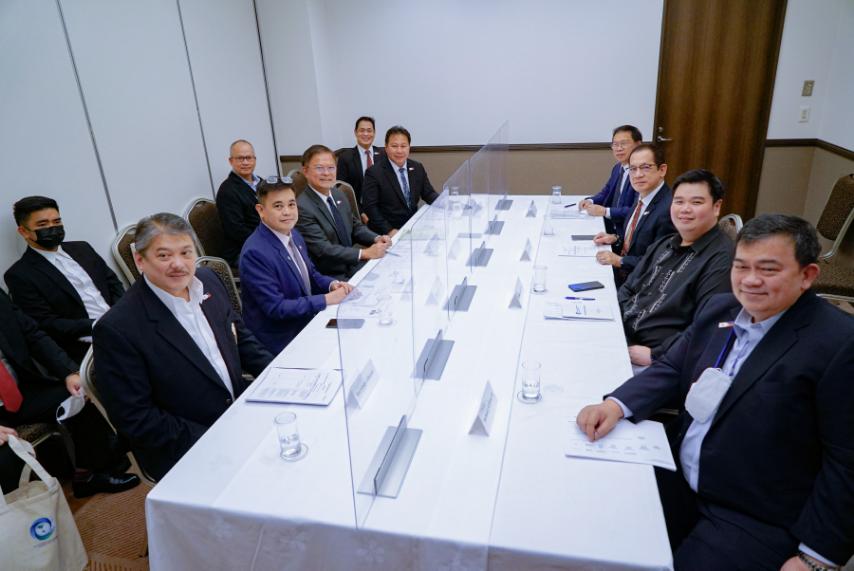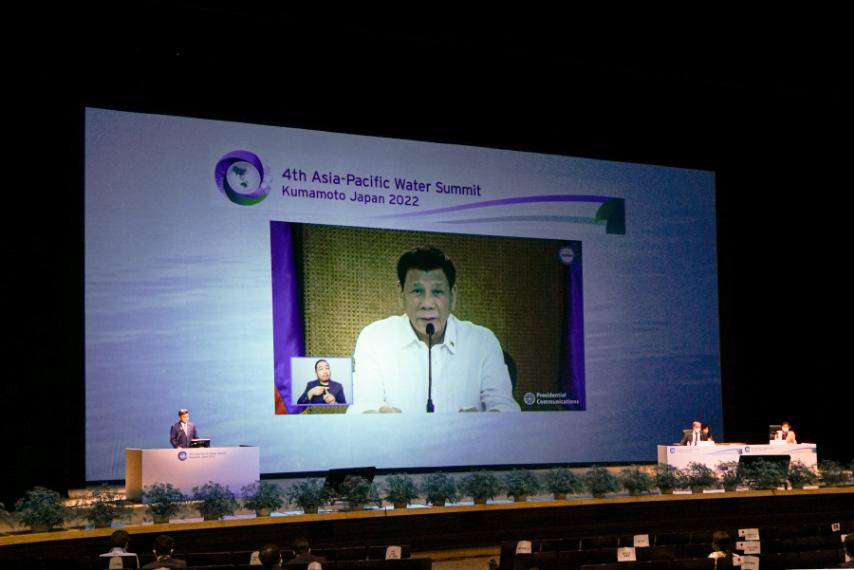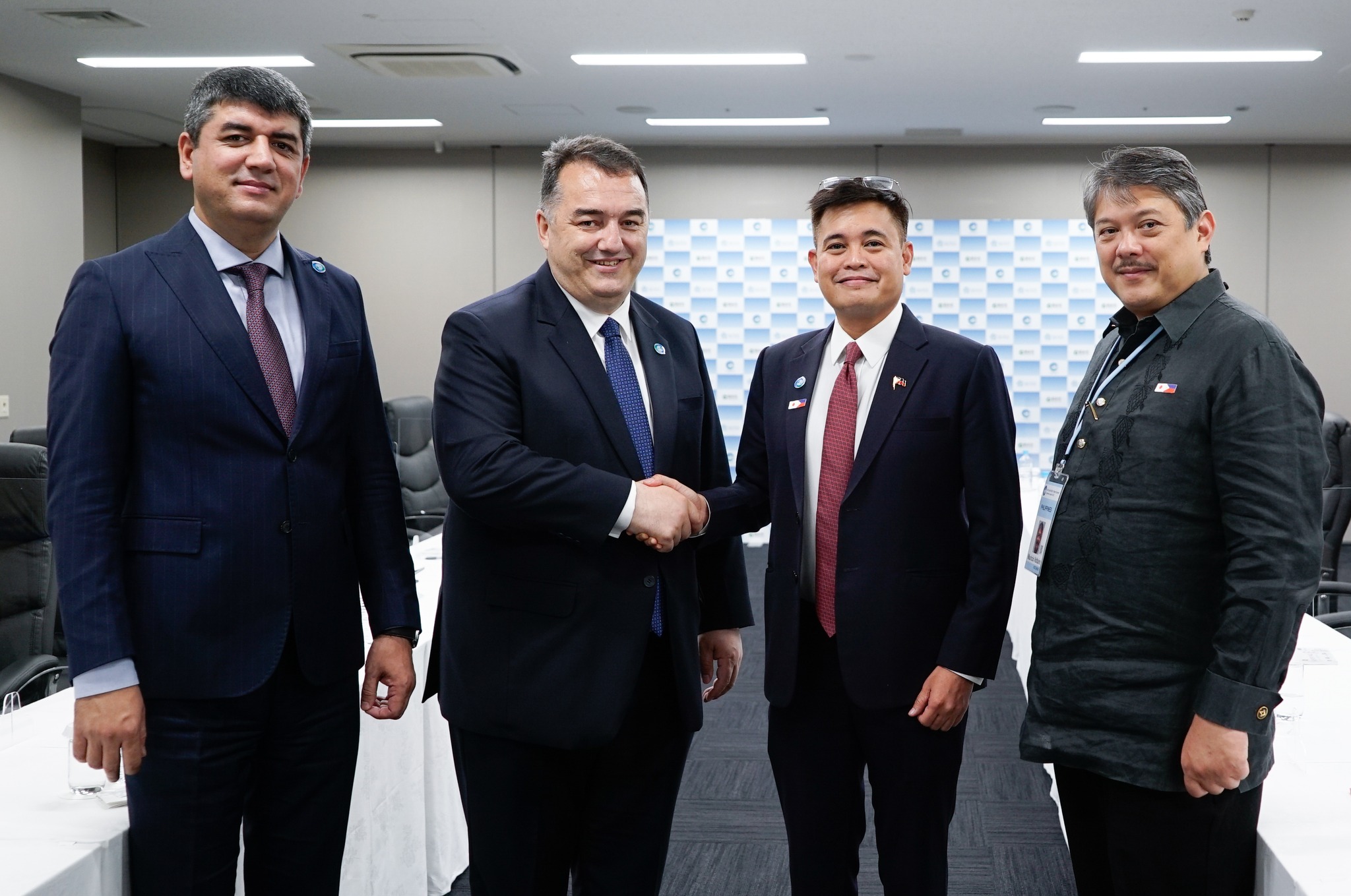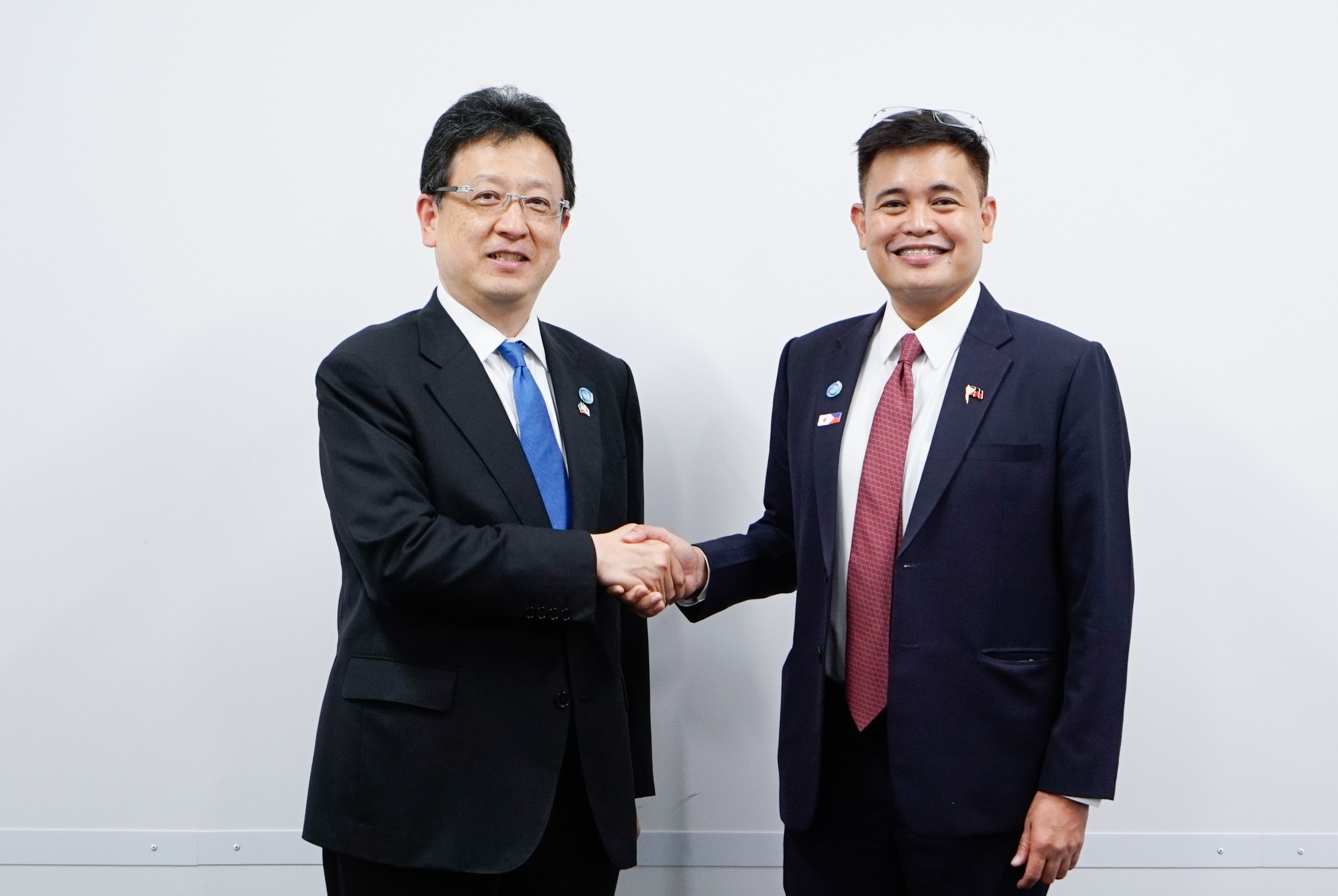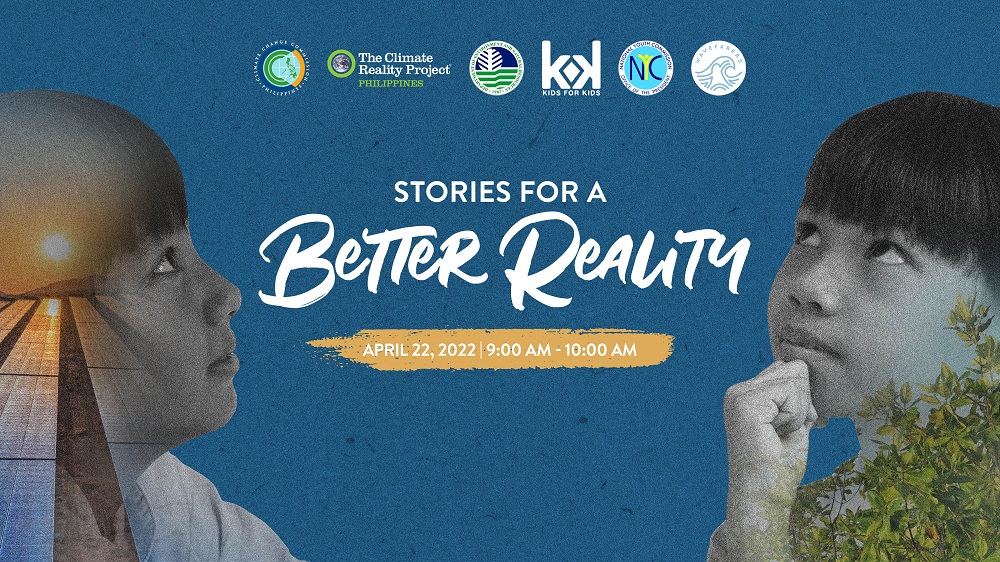MANILA, 29 April 2022 — The Climate Change Commission (CCC) conducted a series of activities this April in commemoration of Earth Month and Earth Day 2022 aimed at increasing awareness on and promoting climate change action and countering environmental degradation.
The CCC produced and released a special Earth Day video covering messages from climate leaders and advocates, including President Rodrigo Roa Duterte, CCC Chair-Designate and Finance Secretary Carlos Dominguez III, Secretary Robert E.A. Borje, Deputy Speaker Loren Legarda, and National Panel of Technical Experts Chairperson Dr. Doracie Zoleta-Nantes.
“Let us work with greater vigor to engage our people, our local communities, our industries, and all other stakeholders in our efforts to achieve a climate-resilient and climate-smart Philippines,” said President Rodrigo Roa Duterte who chairs the CCC.
“The Philippines is well-positioned to make a difference in this battle against climate crisis. Let us work hand-in-hand to achieve a new low carbon economy and a greener future for all,” said CCC Chair-Designate and Finance Secretary Carlos Dominguez III.
“Buhay at kabuhayan ang nakasalalay sa nagbabagong klima, especially for developing countries like the Philippines. Your Climate Change Commission will continue to do its part to strengthen our collective efforts to address the impacts of climate change. We urge all sectors of the nation – and indeed of our planet – to together invest fully and completely – to climate change mitigation and adaptation. Sa kamay nating lahat nakasalalay ang ating kinabukasan. Ating pangalagaan ang ating bayan at ang ating mundo,” said CCC Secretary Borje.
“Only if we respect nature as beauty and bounty, not only for humans, but for all living creations, can we survive climate change and other planetary threats. Only if we keep the planet and nature’s resources healthy and alive can we truly hope for a healthier, brighter, and more resilient future,” said Legarda.
“Protecting the health of our environment means protecting our communities from the threats that are brought about by the warming of the global atmosphere and intensification of weather events. This Earth Day and beyond, let us do our share together and get heavily involved in undertaking climate change adaptation and disaster risk reduction programs and activities,” said Dr. Nantes.
The CCC launched a 12-day artcard series on social media entitled, “12 Ways over 12 Days toward climate-resilient, sustainable living” from April 10-22 to promote 12 simple climate adaptation and mitigation practices individuals and communities can undertake to address climate change.
On April 18, the CCC conducted its first-ever coastal clean-up at the Las Piñas–Parañaque Wetland Park (LPPWP) and to generate greater consciousness and actions on responsible consumer behaviour by reducing plastic consumption and observing waste management.
Secretary Borje, Commissioner Rachel Anne Herrera and Commissioner Albert Dela Cruz, along with CCC personnel collected 85 sacks of wastes weighing 583 kilograms, 511 kilograms of which were plastics.
The LPPWP was declared as a National Protected Area under Republic Act No. 11038 or the Expanded National Integrated Protected Areas System (ENIPAS) Act, and a Ramsar site under the Ramsar Convention of the United Nations Educational, Scientific and Cultural Organization (UNESCO). The site is known for its rich mangrove and mudflat biodiversity and serves as a stopover of migratory birds.
On Earth Day, 22 April, the CCC co-organized the “Pagyabong 2022: An Enrichment Tree Planting Activity” held at the Ninoy Aquino Parks and Wildlife Center (NAPWC) Arboretum. The tree planting activity highlighted this year’s Earth Day theme, “Invest in Our Planet,” by planting native trees as a practical way to address both environmental and climate crises. This activity was organized in collaboration with the Department of Environment and Natural Resources – Biodiversity Management Bureau and ASEAN Centre for Biodiversity.
Dubbed as the “Nature Park in City’s Heart,” the NAPWC is also legislated as one of the country’s Protected Areas under the ENIPAS Act and was declared as a national park.
Thereafter, the CCC, together with The Climate Reality Philippines and the Office of Deputy Speaker Loren Legarda, facilitated the launch of “Stories For A Better Reality,” a monthly webinar series aimed at tackling climate issues, promoting initiatives and solutions, and informing policy and action framed from the perspective of the youth. This webinar evolved from the weekly Stories for A Better Normal aired from May 2020 to February 2022.
Finally on Earth day, the Awarding Ceremony of the Klimathon: Our Race Towards A Net Zero Reality was held. This is a joint project of the CCC and Nestlé Philippines to highlight the capability of young Filipino innovators to develop and showcase sustainability-focused solutions that can help address current issues and challenges relating to the climate crisis.
The proposal, “Synthesis of Engineered Bamboo Nanocomposite Through Sol-Gel Technique: A Breakthrough in Automated Vertical Farming using Hydroponics in the Philippines,” of ‘Team Neutralizer’, composed of Jeremiah Malalis and Larry John Competente from the University of Mindanao - Davao City Campus, bagged the Php 100,000 grand prize. This innovation aims to help small-holder farmers to increase their income and production through automated bamboo vertical farming system.
Meanwhile, on 28 April, the CCC held a dialogue and coastal clean-up with civil society organizations (CSOs). Discussions centered on strengthening partnerships with civil society and non-government stakeholders towards fostering an enabling environment for climate action.
Present during the said activity were Aksyon Klima Pilipinas, Conservation International Philippines, Green Space Pilipinas, Mother Earth Foundation, OxFam Pilipinas, The Climate Reality Project Philippines, and the Philippine Center for Environmental Protection and Sustainable Development, Inc. For one hour, the CCC and the participating CSOs were able to collect 22 sacks of wastes weighing 137 kilograms.
“What's important in the climate change debate and action is that there is a strong partnership between government and the civil society sector. We need you as partners to tell us what we are doing right and what we are doing wrong and what we need to continue to improve on. Let us all work together,” said Secretary Borje.
To know more about the activities of the CCC, visit its social media handles at /CCCPhl.
April 29, 2022 Friday

